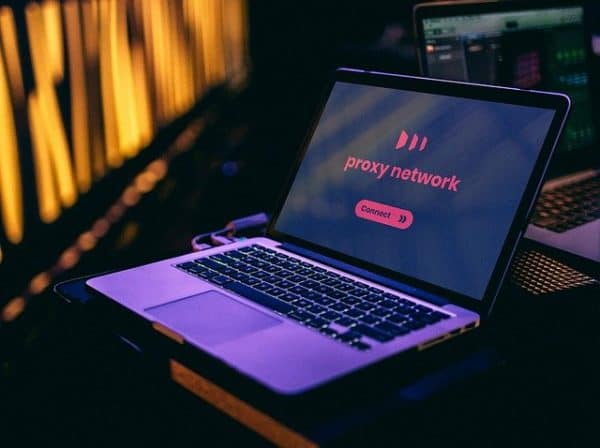For some people the difference is unimportant and is unlikely to have any impact on their online experience. However for many others this difference is crucial, and there’s no doubt that IP address is the most critical choice you will make in today’s online market.

Both datacenter proxy servers and their residential equivalent provide methods to shield your IP address and assist you to anonymously scrape data from the internet. So which choice of proxy should you go for?
How Do Residential Proxies Work?
Residential proxies are able to generate addresses that are impossible to ban as they are connected to real live residential addresses. This means that you can harvest and scrape web data and work around content that is geo-blocked whilst hiding your real IP address.
Some residential proxy providers can offer a rotating proxy service that will swap and rotate the IP that hides you. These constant updates are a great way of ensuring safety and security whilst improving privacy online. They can be supported by an HTTPs protocol which secures any transaction and all communication through the rotating proxy. Some available pools consist of over 10million proxies which are able to switch IPs on every new request.
This method makes it extremely difficult for any websites to track you and your activity.
Residential proxies have an unlimited number of connections via multiple threads and many countries all at once unlike the slow and unreliable free proxy services out there. Many pricing models are based upon traffic usage so they can be suitable for individual plans and even budget friendly whilst providing accurate solutions for your web requirements.
How Do Datacenter Proxies Work?
Datacenter proxies are the most common proxies available. Being totally independent of both your ISP (Internet Service Provider) and your internet connection itself make datacenter proxies stand out and are an easy escape from revealing any IP address as they are not linked to one single place at a time.
Websites use cookies to help and identify your IP address by placing them in your browser so be selective about which ones you accept depending on your intentions when visiting each site if your proxy is not secure. Using a datacenter proxy can limit the information given out including sites being able to pinpoint your exact geographical location via your IP address. If this is captured, not only can websites geo-block location based content but search engines will initiate local results for each search you do. Proving that your IP address is the single most valuable thing that is traceable online.
Online anonymity seekers, or those who want to unlock content from another country, can use a proxy service linked to a datacenter or a datacenter IP proxy service to aid the masking of your IP address. Naturally with technical advancements, websites are getting smart to this, and have in some cases started to block datacenter proxies. Residential proxies offer an efficient way around this problem if you are fed up of constant flagging whilst using datacenter proxies.
 Gearfuse Technology, Science, Culture & More
Gearfuse Technology, Science, Culture & More


